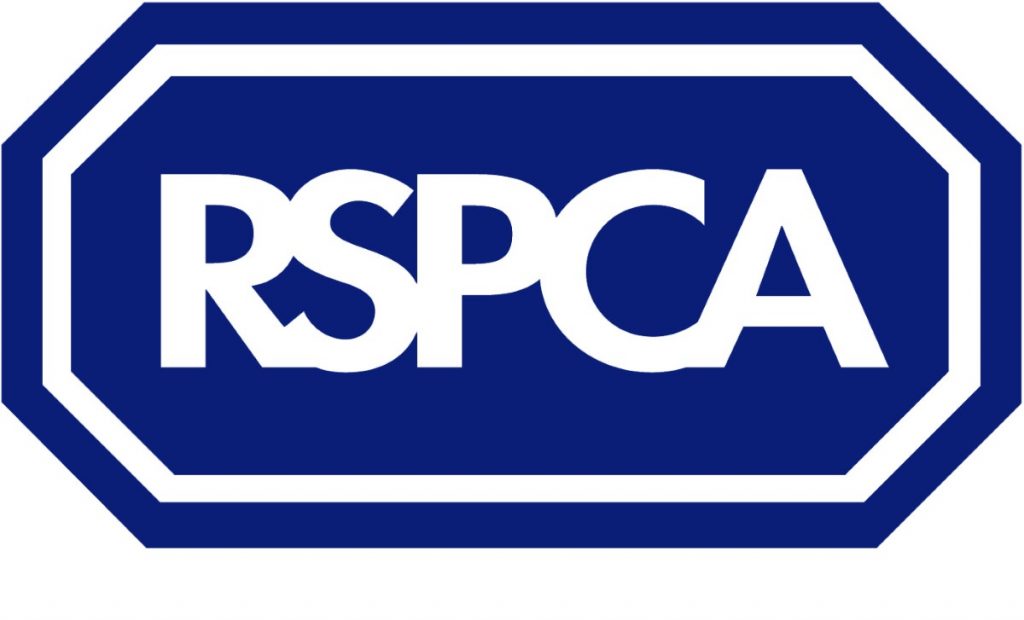Oiled birds released back into the wild by RSPCA
Some of the oiled sea birds rescued by the RSPCA last month took their first flight into freedom yesterday (Thursday February 28).
Twenty-one of the guillemots taken into RSPCA care after being contaminated by a sticky substance were released back to the wild on cliffs overlooking the Dorset beach where they were found.
Wildlife supervisor Paul Oaten said: “It was wonderful to see the birds go back to where they belong.
“I remember how weak and poorly they were when they came to us, so to see them fit and healthy and flying back over the sea where they were found is amazing and so satisfying.
“Staff and volunteers have been working so hard to care for these birds. Washing the substance off and caring for them to ensure they are fighting fit and as ready as they can be to take their chances back out in nature.
“Seeing them fly away is the only reward we could ask for.”
More than 300 birds – mainly guillemots, but also some razorbills – were rescued from beaches and taken into RSPCA care at the end of January after being contaminated with Polyisobutylene (PIB) or butyl rubber, a colourless synthetic rubber. Many had also suffered burns to their legs and feet due to the corrosive nature of another, as yet unidentified, substance.
The vast majority of the birds were found on beaches in Dorset – mainly Chesil Beach, near Portland, where the 21 guillemots were today released.
They were taken to the RSPCA’s West Hatch wildlife centre in Taunton, Somerset where they were washed, fed and cared for until they were ready to be released back into the wild.
Staff at the centre did their original washes with margarine, which was the only substance that they found removed the sticky substance as it was not something they had previously had to deal with. Subsequent washes needed to be done with washing up liquid to remove this margarine.
As well as feeding the birds up, staff at the centre also had to monitor them to ensure they would be able to survive back in the wild. They had to test their feathers to ensure they were still waterproof, plus watch them on rehabilitation pools to see how they behaved on the water and make sure they could swim, walk and dive properly.
Final vet checks this morning revealed that 21 of the guillemots were ready for release, and more releases are expected over the coming days.
Peter Venn, manager at West Hatch, said: "We have to check that all was well and the birds were acting as seabirds do – so that their chances of survival back in the wild are as good as they can be.
"Sadly not all these birds could survive and many washed up dead but we have done all we can to save those who could be saved.”
As well as the birds being released in Dorset, around 50 birds have been released after being cared for in Sussex at RSPCA Mallydams Wood.
The RSPCA can only carry out vital rehabilitation work with your help. If you would like to donate, you can give £3 now by texting HELP to 78866 (Text messages cost £3 + one standard network rate message).
-ends-
Notes to editors
Further releases are expected over the coming weeks both from RSPCA West Hatch and Mallydams Wood Wildlife Centre in Sussex – which has also been caring for some of these birds.
Numbers of birds released and exact times of the release will depend on weather conditions and the condition of the birds.
Photographs taken on the day are available on request.





-01.png)